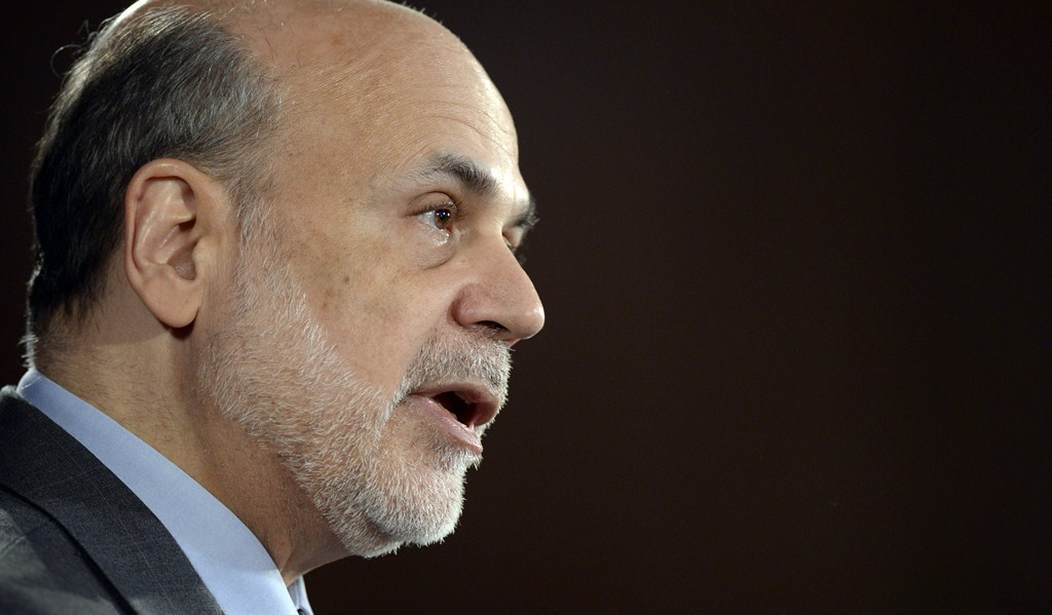I've always said that to get the market's real reaction to actions or inaction of the Federal Reserve you have to wait for the next day, not the two hours after the news. That being the case, yesterday's session suggests Wall Street still doesn't know what to make of the decision to keep buying assets as a form of accommodation ... the question is to whom is the Fed accommodating? Main Street isn't benefiting from the Fed:
> Jobs are scares, and the ones that exist are low-paying or part time or (mostly) both
> Wages are decreasing rapidly
> Home prices are higher but losses not erased
> Official inflation is subdued but the perception is that prices are going higher
In the meantime, where the heck is that $85.0 billion a year going? Half goes to banks to buy assets they don't want, and the other half to federal government to spend money they don't have.
I don't see that money seeping into the general economy. We know the power structure in America values the strength of favored institutions like banks ahead of the masses, which fuels the politics of envy from those that also have very low opinion of the proletariat, but think they can coddle them into a zombie-like submission. In this case, it's all working. The nation is one that's becoming more withdrawn as even the would-be champions of free markets help to fuel the direst warning of Karl Marx- fear, anger and hostility by the masses.
The Fed makes equities more attractive, but that cash they're pumping doesn't go directly into the stock market. There is a more direct route to the housing market but again access to that cash is beyond the reach of Main Street, which hasn't taken the bait anyway. People know they don't qualify for a loan so why bother. So, the rebound in housing has largely benefited well-heeled investors, including a ton of foreign buyers, and not the average person.
Still, there are a lot of people that could buy but would rather rent because they simply don't believe. This week existing homes news release showed first time buyer dipped to 28% of total from 29% in July and 31% last August. Skepticism revolves around the nature of the recovery, direction of government, and worry housing will collapse again really soon. Consequently, Main Street isn't taking the bait. People aren't extending themselves. Credit card use is nudging higher gingerly but nowhere near a pace that speaks to the so-called wealth effect.
It all boils down to failure of policy, and that's why risks should be tapered. Be that as it may, Bernanke thinks he's the only one trying to generate "wealth" and on that score he's correct.
Cry Freedom
While the federal government has joined the Federal Reserve in efforts to keep banks alive, albeit from different motivations the rest of the free market in the United States is becoming anything but free.
America was once the envy of the world because it created a platform that aided rugged individualism. Yes, it was easier to be exceptional in America years ago, but the loss of freedoms in so many categories has become an anchor-hence the slowest post-recession recovery ever.
Cato underscores this with its ranking on global economic freedoms-the chart says it all. As other nations have surpassed the United States in several categories of freedom, our overall ranking has begun to freefall. Big government (see how Reagan sent that number into a nose dive that coincided with massive job creation and widespread prosperity) loss of legal rights, un-sound money policies and mounting regulations have made America less competitive just as the rest of the world is figuring it out in part using the play book we've junked.

These trends must change. I don't have a timeline on when it becomes too little too late, but it's clear the nation is suffering with monetary policies that don't reach Main Street and Fiscal Policies that aim to punish the sources of prosperity for Main Street.

























Join the conversation as a VIP Member